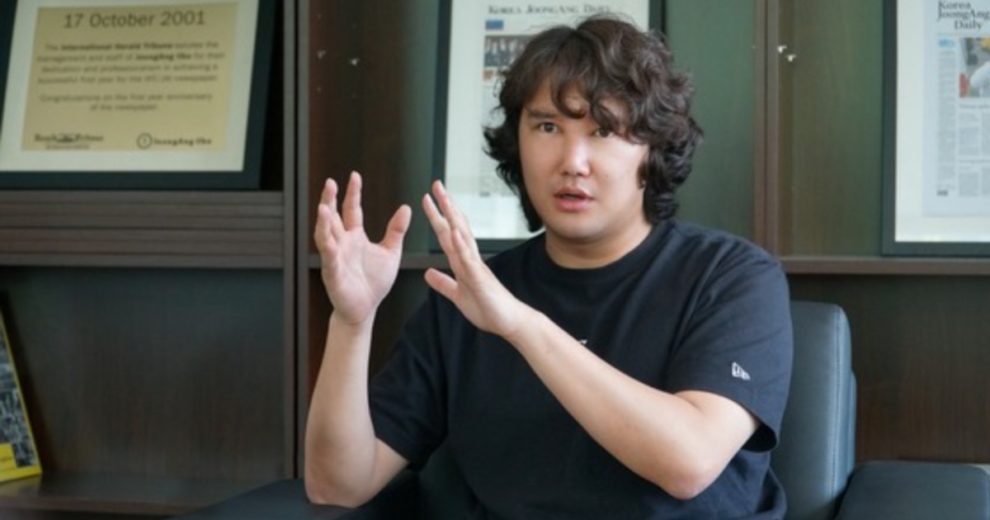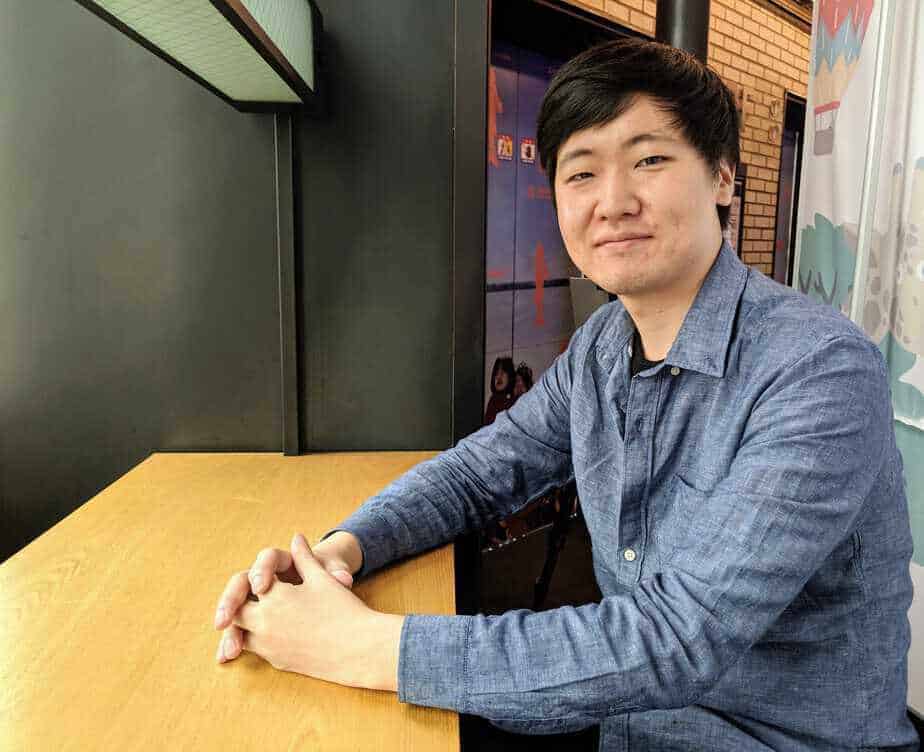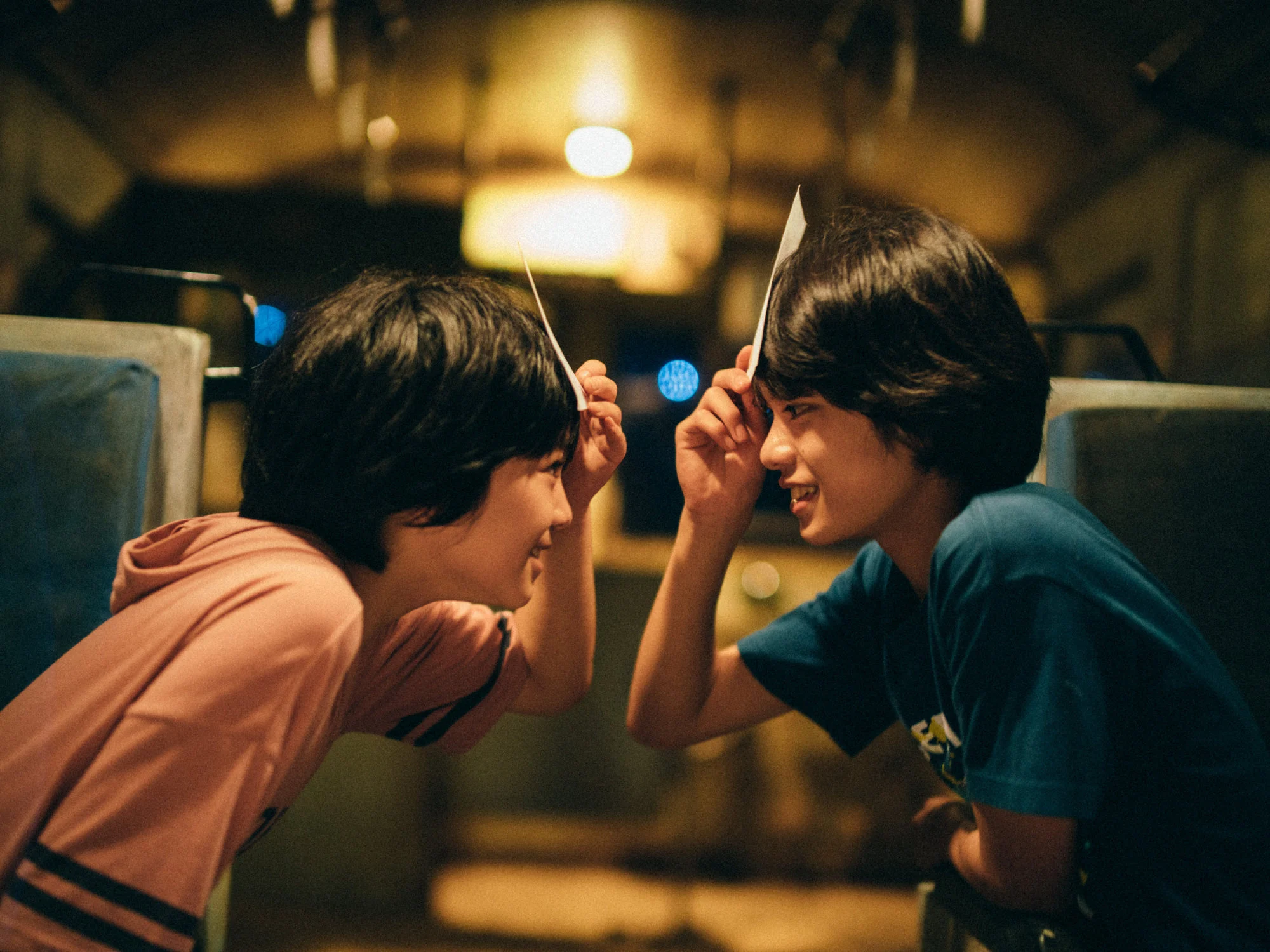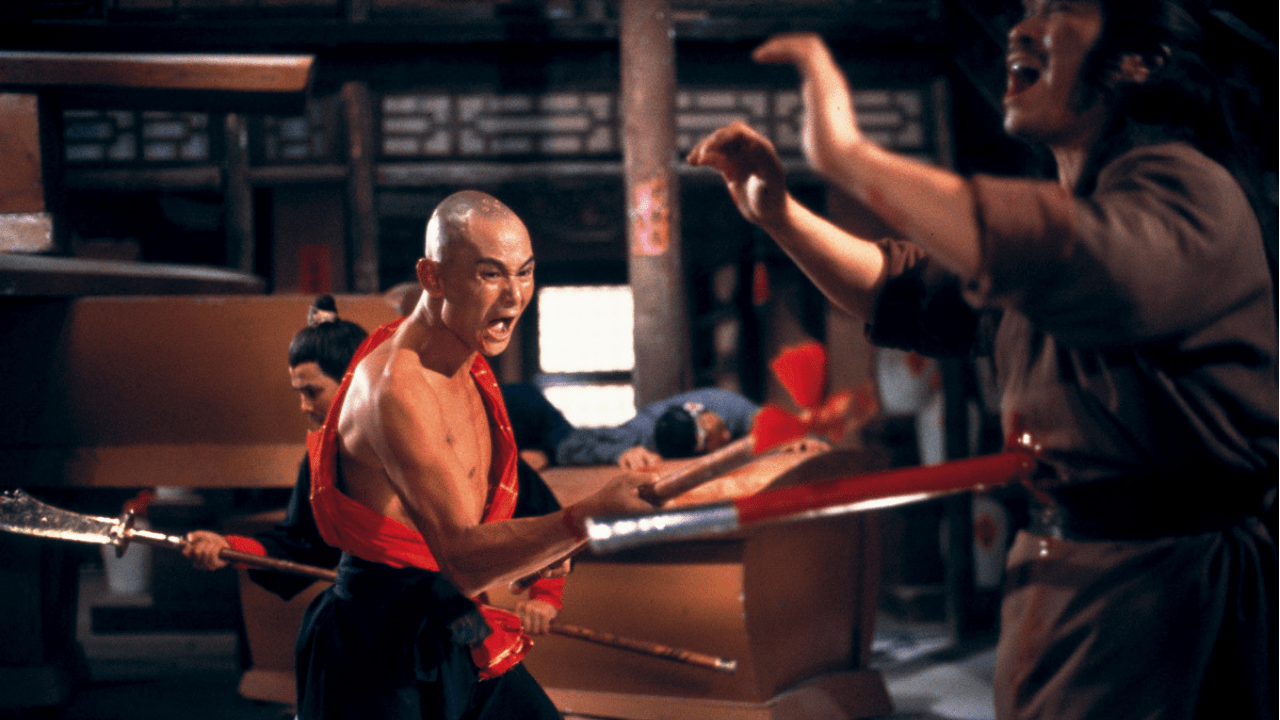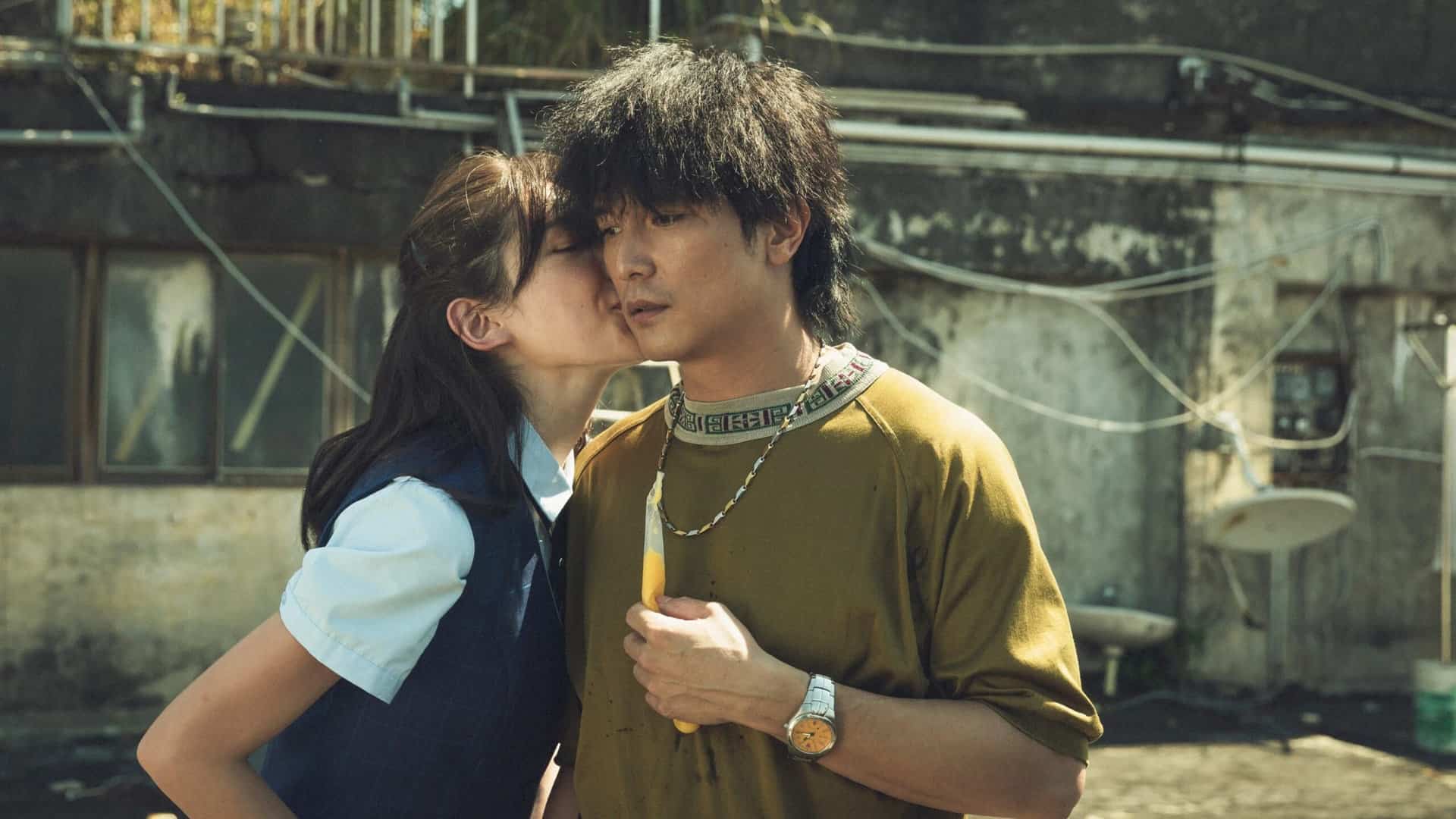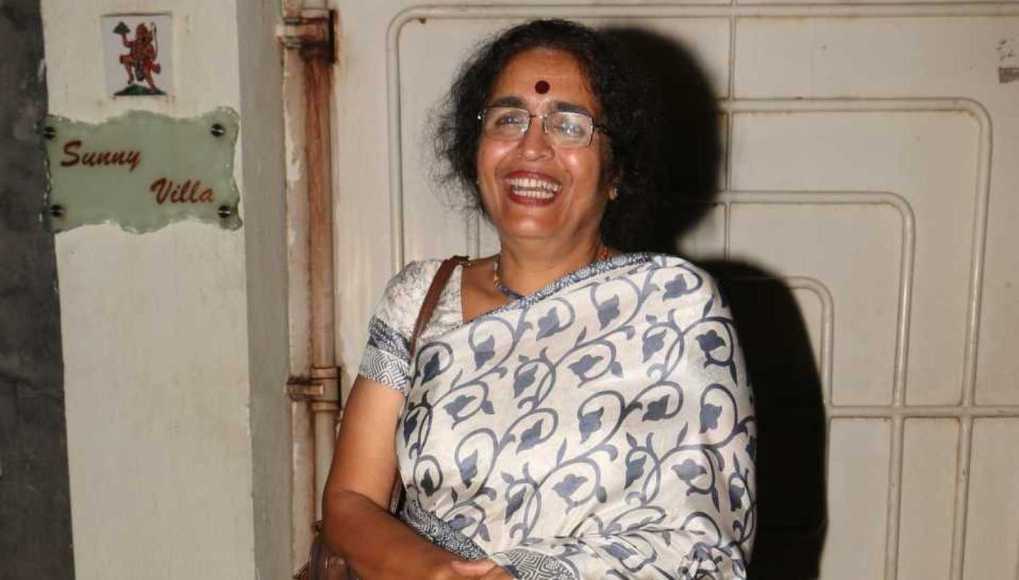Lim Seung-hyeun (1987, South Korea) was educated at the Graduate School of Cinematic Content at Dankook University. His short film For Elise (2018) was screened at the Bucheon International Fantastic Film Festival. His first feature, Homeless (2020), is about the terrible housing situation in Korea. According to a Korea Statistics report in 2018, 22.6 percent of youths living alone suffer from poor housing, and in Seoul the number escalates to 37.2 percent due to the high cost of living. During his own youth, filmmaker Lim was no stranger to this problem. The film won the CGV Arthouse Award at the 21st Jeonju International Film Festival.
On the occasion of “Homeless” screening at International Film Festival Rotterdam, we speak with him about the experience of being homeless and the overall issue in Seoul, elderly people, the cinematography and the casting of the film and many other topics.

The script of the film is inspired by personal experience. Can you give us some more details about that part?
Along with Kim Seung-hyeun, co-writer of the film, we put together our experiences to come up with the script. For my experience, during my high school years, I was homeless, so I would live in public spas, Jjimjilbang as we call them and essentially, I turned my thoughts and feelings of the time into a movie. Kim Seung-hyeun's grandmother almost died alone, because she didn't have any one to care for her.
How intense is the housing issue in Korea and particularly Seoul? Does the government help at all?
Currently, in Seoul, there are more than a million people who don't have a home, either voluntarily or because they have no other choice. They do not receive any help of the government, or at least they used not to, and that also includes me in the past. The current government is taking more effort to deal with this issue; however, there is still a long way to go.
So, nowadays, a couple like the ones in the film, one working as a delivery guy and the other passing flyers, would they afford an apartment in Seoul?
I think it would be impossible, because, if I look at my situation (I consider myself middle class), it is almost impossible for me to afford a house on my own, because the inflation of the market is rather intense, but my income does not grow to the same degree. There is almost zero percent chance for a couple like the one in the movie to afford an apartment in Seoul nowadays.
So, if their financial situation was so bad, why did they decide to have a baby?
I wanted to portray two people who are not so mature, who do not have an actual financial plan. They had a baby because they loved each other, but they did not think of the practical issues that would come afterwards. The couples' age are similar to mine when I was homeless, and I think that at that age, you do not have many choices in terms of finance. However, I wanted to portray a family whose members, even though they do not have much financial support, they still want to keep the family as it is and they want to retain the love that exists between them.
What is the situation with the elderly in the country? Is it common for them to live completely alone? Could something like what happened in the movie happen in reality?
Overall, the movie is fictitious. However, if we look at our society in the past, people would think that elderly people dying alone in their home is their problem. What we see these days, however, is that also young people die alone, without being noticed at all. It happens from time to time and we see that in the news. The government is aware of the problem and are trying to deal with it; however, there is an issue with human resources, and resources in general to allocate to a solution.
As to the young couple moving into the elderly lady's house, personally I have not seen such a case in the news, but I imagine something like that could happen, and that was actually the starting point of the movie.
If the story continued, what do you think would happen to the couple? Would they continue to live there or would they be arrested eventually?
On the first version of the scenario I wrote, I included the after stories. In that version, the couple is arrested by the police. However, later on, I decided to delete that part and leave it to the audience to imagine what would happen, as an open ending. Personally, though, because I care about those characters, I would want them to continue living there, but I think they would live with the guilt of hiding the death of the elderly.
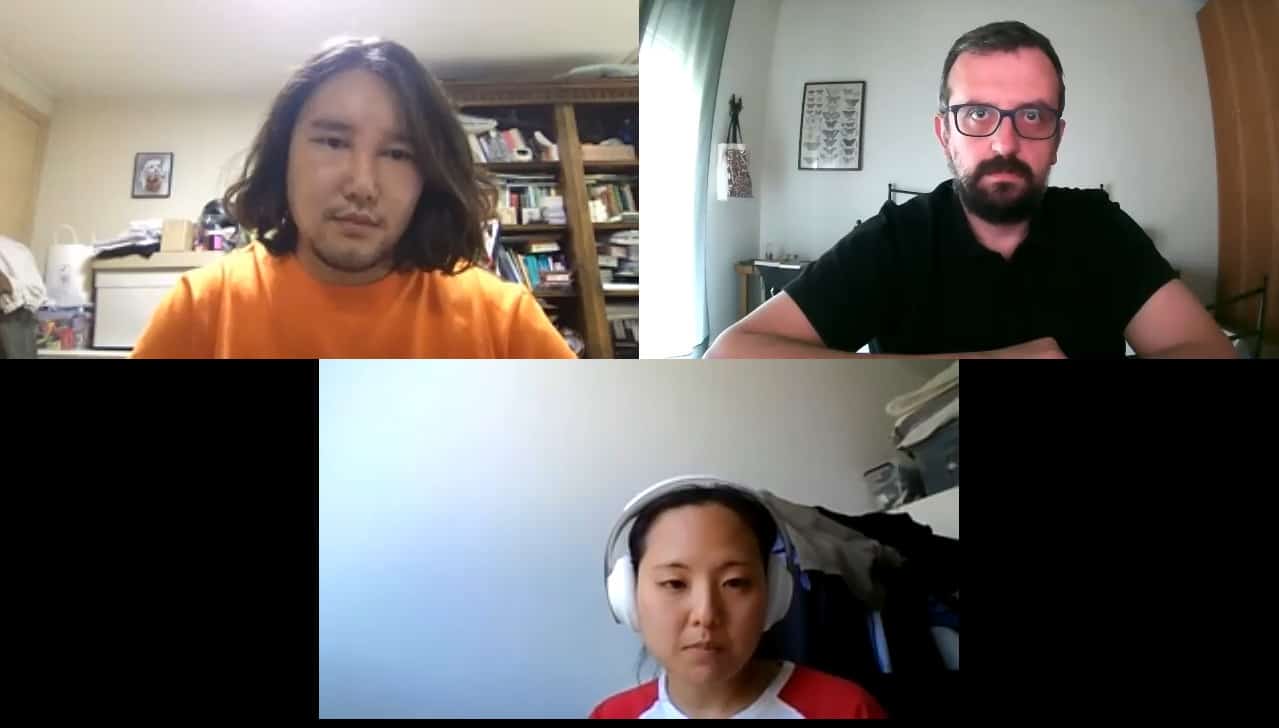
Can you give us some details about the casting of the film?
For Han-gyeol's part, I held a big audition for the role. Jeon Bong-seok attended the audition, but due to a mistake from one of our staff members, he did not get the script in advance, so he attended the audition without actually looking at the script. Furthermore, at the time I felt he looked too handsome for the image of the character in the movie. However, I felt sorry because he did not get the script, and I decided to give him a chance and talk to him the next day. After some more auditions, I decided to cast him for the role.
For Go-woon's role, Park Jeong-yeon, I saw her in a movie in Busan International Film Festival, and I felt she emitted strength, and I thought she would be a good match for the role, therefore, I did not even audition her, I just casted her.
For Woo-rim, which is played by Sin Hyeon-seo, I did several auditions with kids, but he was the first kid that handed me a candy. I really liked that he was bold and not shy, and I also though he fits well with Jeon Bong-seok and Park Jeon-yeon, as in a family picture, and that was why I casted him.
Can you tell us a bit about the cinematography of the film, and what was your goal in the visual aspect of the movie?
While preparing for the movie, I took reference from the work of Dardenne Brothers, so DP Jeong Jong-heon and me watched a movie together and because I thought the movie should follow the footsteps of the protagonist couple, we decided to shoot the movie with a handheld camera.
Was it difficult finding the house that features in the movie?
During pre-production, finding the house was what took the longest time. I can imagine this would be difficult in other countries also, but especially in Korea, in Seoul, is very difficult to find that kind of two-storied house. Actually, we did not manage to find it in Seoul, but in a neighboring city, Incheon. An elderly lady was actually living in the house, but she was about to move to the countryside and leave the house to her son's family. They were going to do some construction and renovation work in the house, and so she agreed to let us use it before that. It took us one month and a half of searching to find the house.

So, did you have to pay for the house?
Initially, we had a budget for the movie of 20K euros and we agreed to pay 2K for renting the house for about a week, which she said she would use for the renovation, before giving it to her son's family. She said we could do what we wanted with the house, dig a hole in the garden, dismantle the wall etc.
What is your opinion about the Korean movie industry at the moment?
Because of the virus, things have slowed down obviously, but for the big production companies like CJ or Lotte, who have a lot of resources, they started filming with the major directors. However, the production companies that are below that level, they still cannot shoot, because the theaters are not open yet, and even if they are, they do so with 30% capacity, thus it is very difficult to reach the breaking even point in terms of finance. I heard Netflix are having ongoing productions and after the success of “Parasite”, there has been more attention towards Korean independent films and therefore, there has been a little more budget allocated, and therefore, we are seeing a bit more variety in the particular industry.
Are you working on any new projects?
Early this year, I got a sponsorship from the government to shoot an independent movie. Until this October, we are going to be in pre-production phase and I expect the movie to be completed by January or March.


